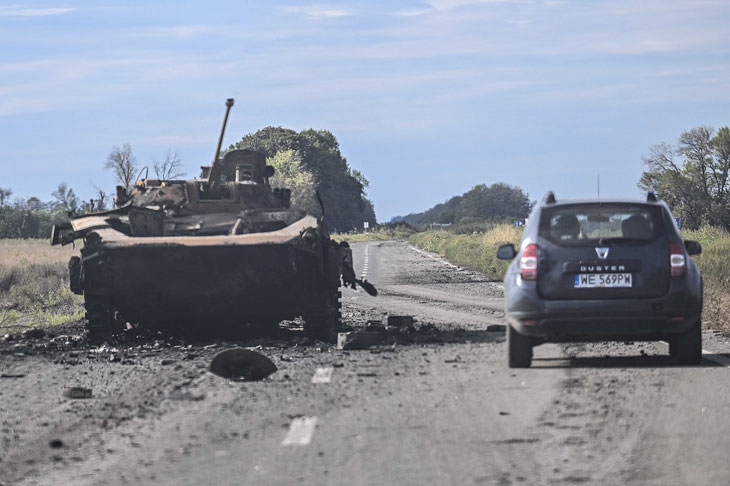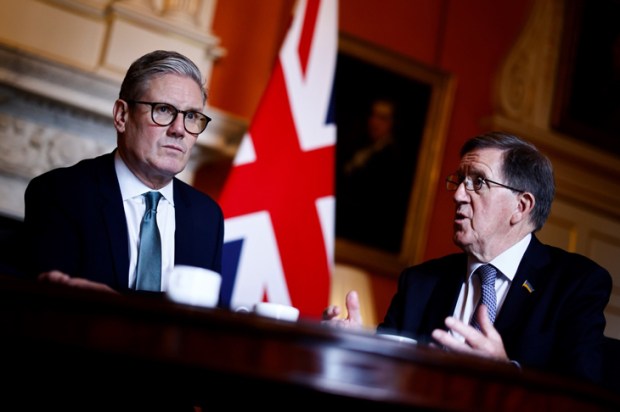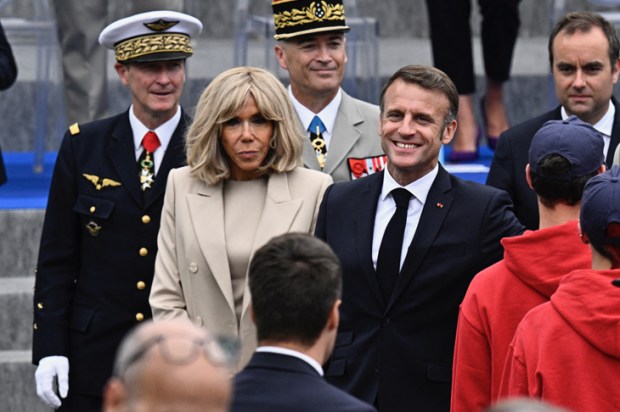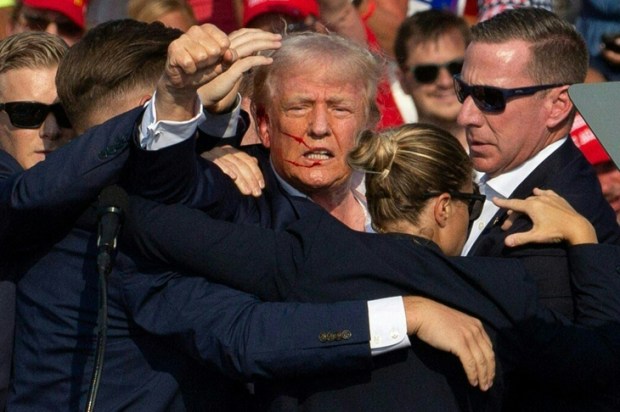Russia’s 24 February invasion of Ukraine, writes Philip Short in his expansive new biography, Putin: His Life and Times, was to be Vladimir’s ‘crowning achievement’. Now, seven months into that disastrous war, a Russian pro-war military blogger, Igor Girkin, has appraised his 430,000 viewers of the discomforting truth: ‘The war in Ukraine will continue until the complete defeat of Russia.
Already a subscriber? Log in
Subscribe for just $2 a week
Try a month of The Spectator Australia absolutely free and without commitment. Not only that but – if you choose to continue – you’ll pay just $2 a week for your first year.
- Unlimited access to spectator.com.au and app
- The weekly edition on the Spectator Australia app
- Spectator podcasts and newsletters
- Full access to spectator.co.uk
Or
Unlock this article
You might disagree with half of it, but you’ll enjoy reading all of it. Try your first month for free, then just $2 a week for the remainder of your first year.














Comments
Don't miss out
Join the conversation with other Spectator Australia readers. Subscribe to leave a comment.
SUBSCRIBEAlready a subscriber? Log in